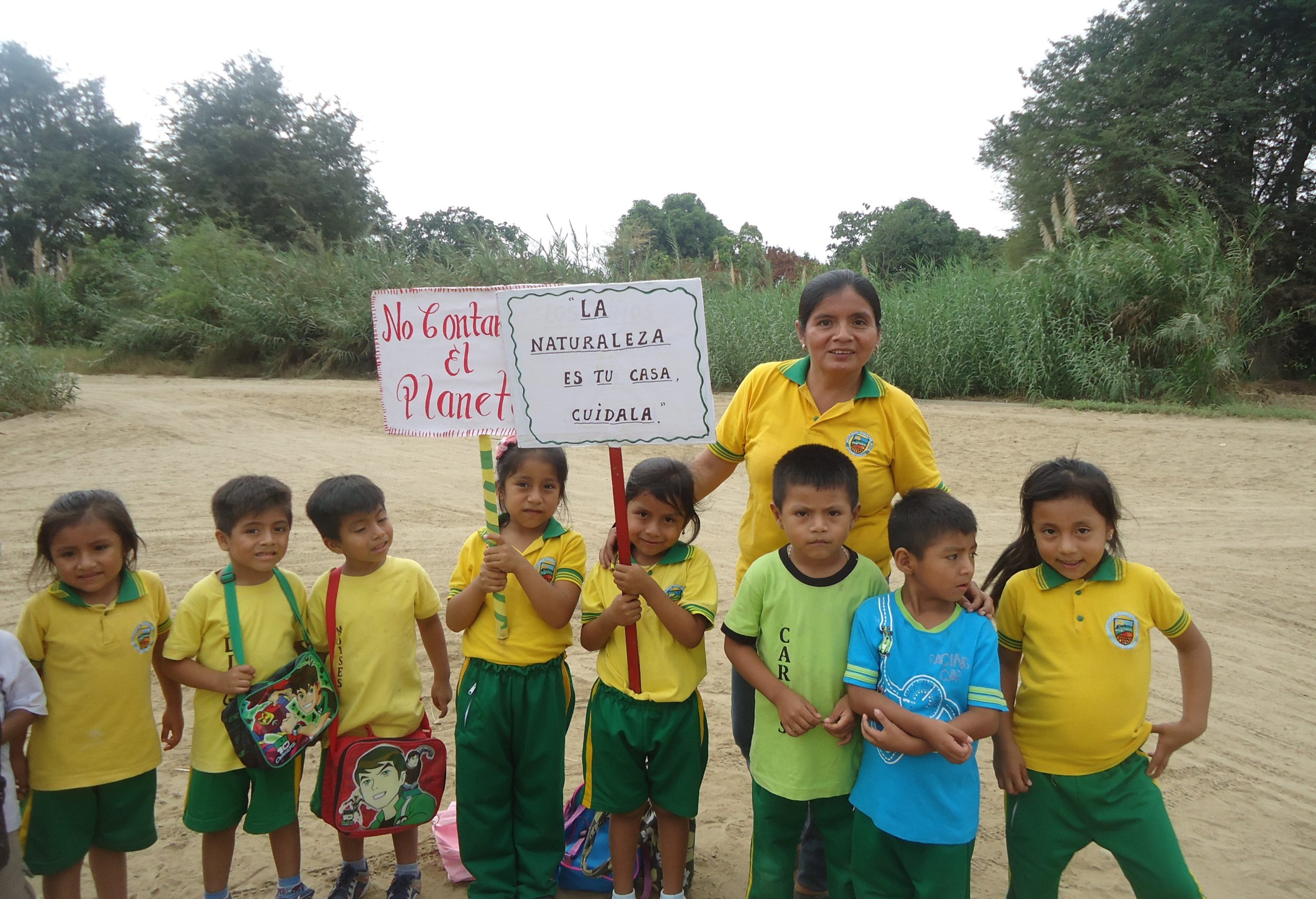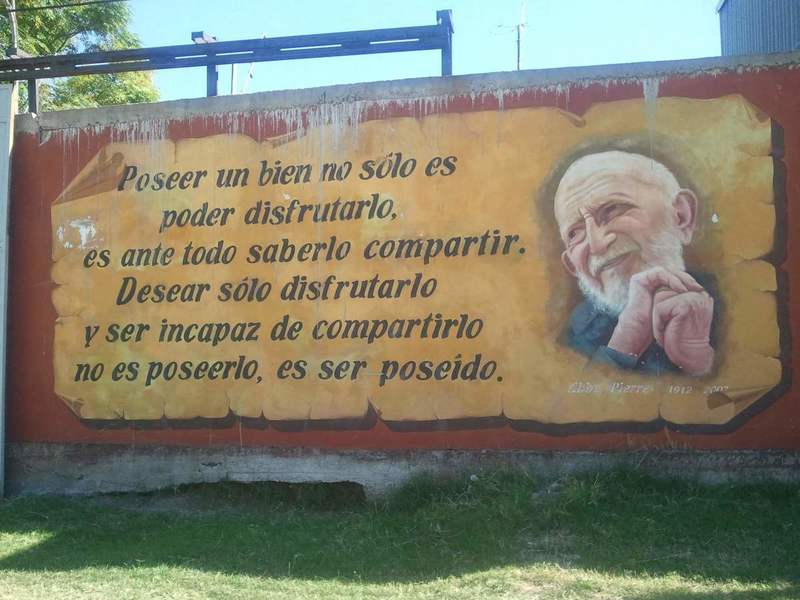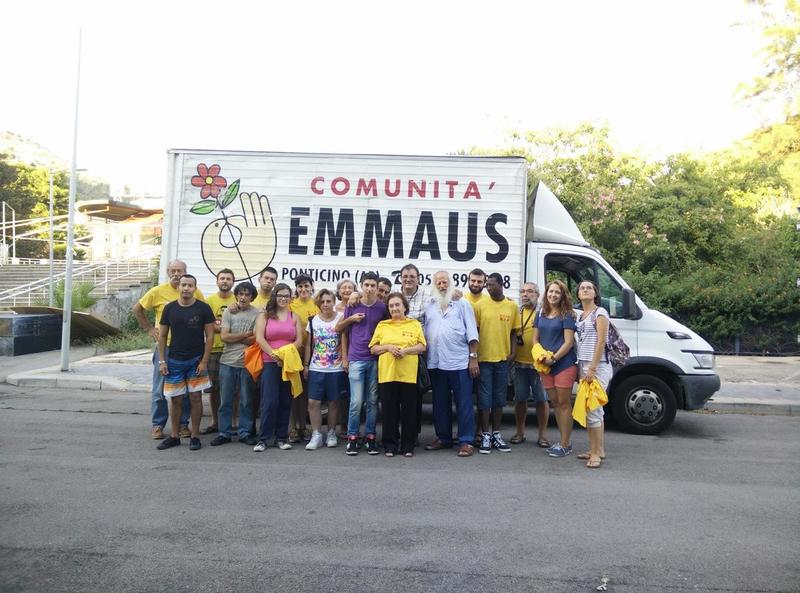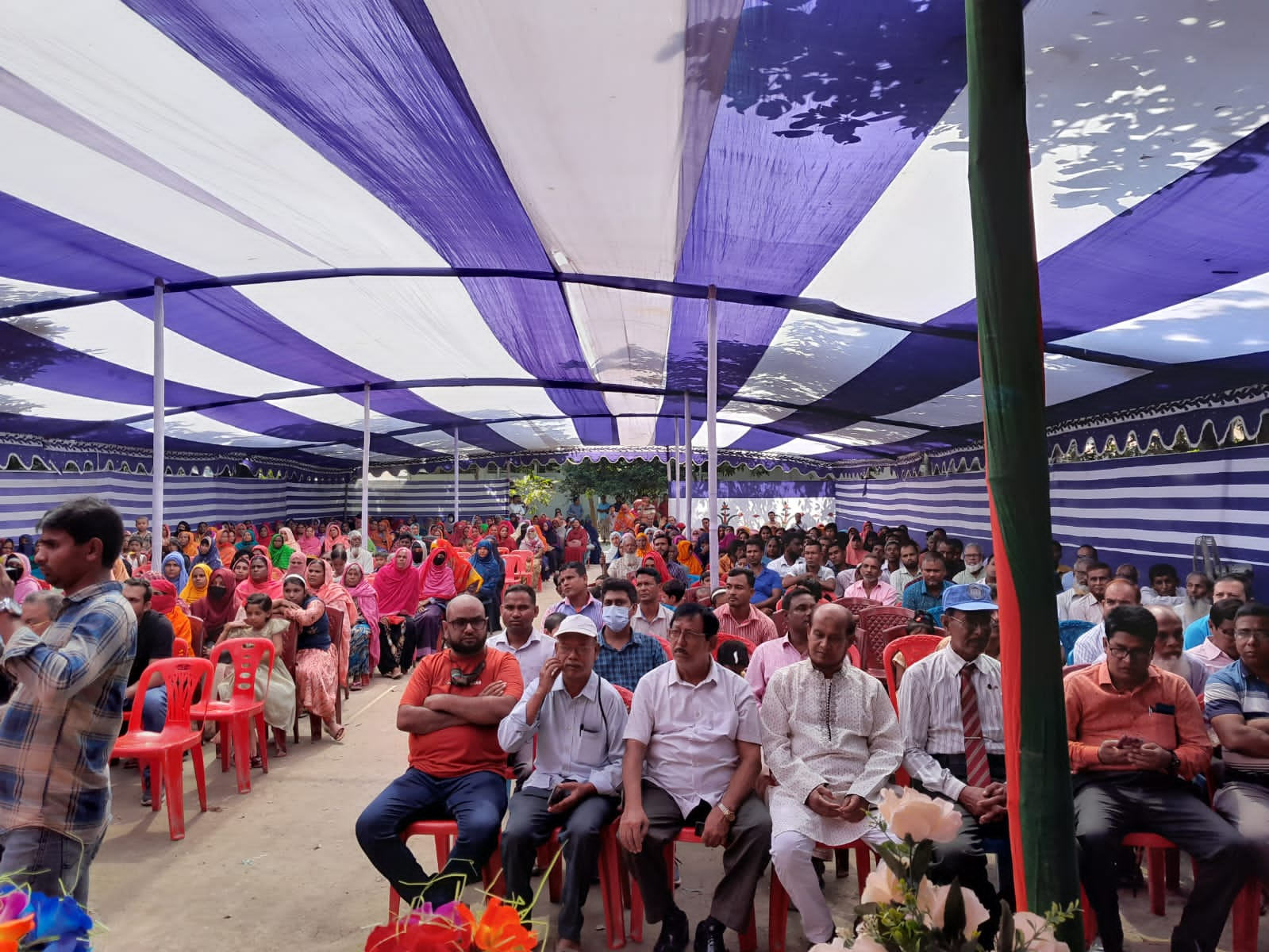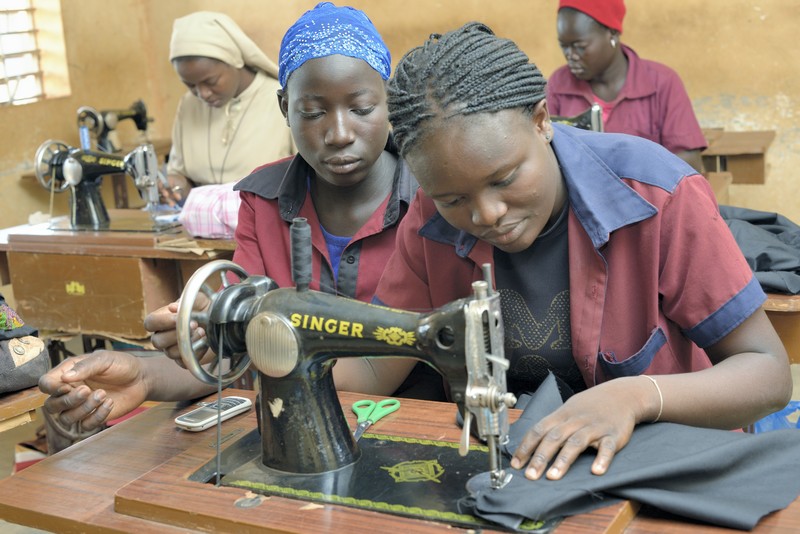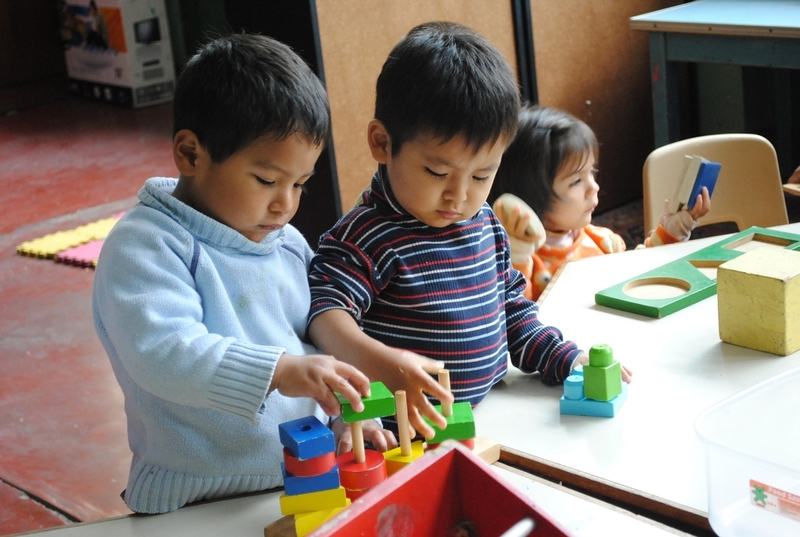
Chorrillos, Lima – Peru
CHILDCARE PROGRAMMES
THE CONTEXT OF YOUR INITIATIVE
La Cuna Nazareth was born in 1962 as an intitiative set up by foreign voluneers from Sweden and Finland, who ran the organisation for a number of years. The initiative came about as a way to tackle the abandonment of children in various areas of Chorrillos, who were being left alone at home during the day while their parents went out to work.
La Cuna is structured as a social project based on protecting the rights of children, who themselves act as active agents in their own development, and our role in this great endeavour is to be the active agents of social action, contributing to the country by promoting the development of individuals and families living in poverty.
Its work is centred on tackling social and educational issues, to guarantee the holistic development of boys and girls between the ages of 1 and 5, who are the children of families living in precarious conditions (whether the heads of household are mothers, fathers, grandparents or guardians).
With its own approach and identity, for the past 54 years La Cuna Nazareth has been leaving its mark as a social institution dedicated to helping the children of Peru.
Under an agreement signed 33 years ago with the Ministry of Education, La Cuna guarantees the full development of boys and girls, with support from our staff and volunteers, who are devoted to our goals.
THE ACTIVITIES CARRIED OUT AS PART OF YOUR INITIATIVE
– Full childcare for boys and girls from poor households, provided by La Cuna.
– Family school for parents: workshops, educational talks and other activities to ensure that parents play the primary role in bringing up their children.
– Promotion, advocacy and defence of people’s rights.
– Institutional development and coordination with Emmaus groups and other local institutions.
– Establishment of the self-sufficiency project, in the form of the Emmaus Nazareth second-hand shop, to improve the economic situation of the organisation’s socially-minded work.
– Support in the form of donations (such as clothing and furniture) to meet the basic needs of institutions and families from various areas of Lima.
– Environmental campaigns.
WHO IS INVOLVED FROM OUR GROUP?
06 (female) childcare professionals (by agreement with the Ministry of Education)
05 childcare assistants
02 women to prepare the food
02 women to clean and tidy the facilities
01 professional social worker
01 professional psychologist
02 women responsible for administration
09 women to collect and recycle unused materials – Emmaus second-hand shop
115 beneficiary families
WHICH PARTNERS ARE YOU WORKING WITH ON THIS INITIATIVE?

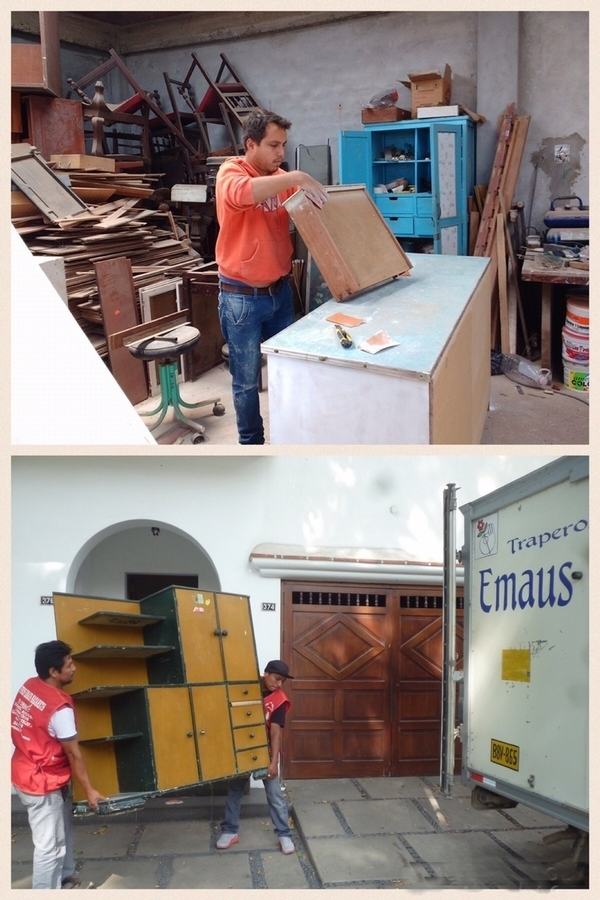
FUTURE PROSPECTS
• Full childcare provided to over 8,000 children throughout the history of the organisation.
• Empowerment of mothers to defend the rights of their children and themselves.
• Social inclusion (our programme includes childcare for children with special needs).
• Preventive healthcare for children and families.
• Preparing children to enter primary education.
• Provision of physical and moral care for children for the duration of their stay.
• Helping families to improve their living conditions and gain enough work to cover their basic living requirements.
• Balanced diet throughout their time on our programme.
• Improving the living conditions of some families using the income generated by the Emmaus Nazareth second-hand shop.
• Provision of permanent accommodation to children in situations of extreme poverty.
• Involvement of parents in various childcare-related activities.
• Through an initiative carried out by Emmaus International, a plot of land was acquired to set up the Emmaus Nazareth second-hand shop, to allow the organisation to become self-sufficient.
WOULD YOU LIKE TO ADD ANY INFORMATION ABOUT YOUR INITIATIVE?
WHAT ARE YOUR PROSPECTS?
• Families in need.
• Children suffering moral and physical neglect.
• Parents of families searching for routes out of poverty.
• Families in precarious living situations and with minimal sanitation facilities.
• Through the work at the second-hand shop, we will continue to help protect the environment through a resource-maximising process of collection and recycling.
Latest news
